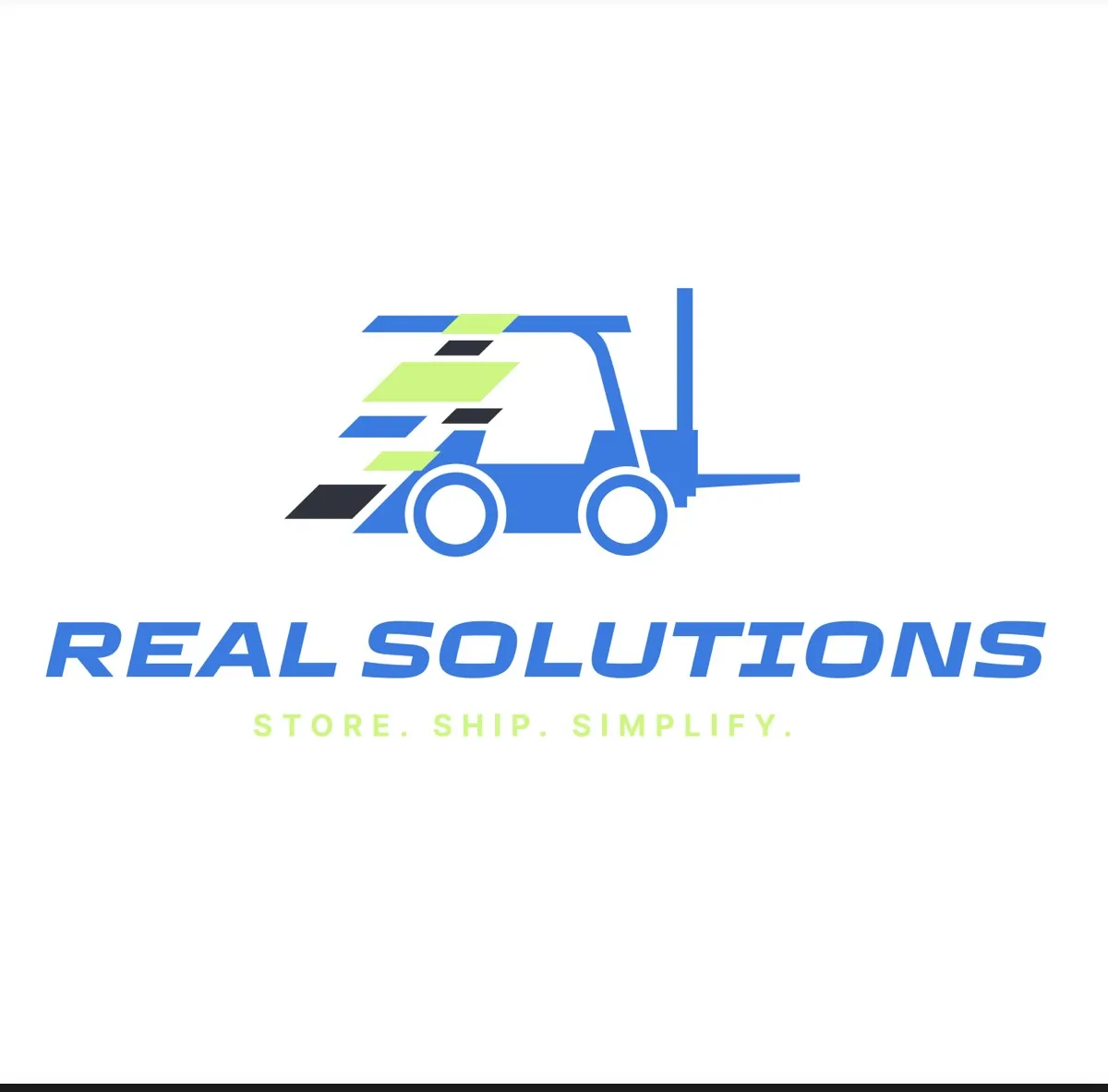Outsourcing logistics and supply chain tasks to a third-party provider or 3PL have become more common. Outsourced operations typically include a mix of shipping, storing, packing and/or delivering of goods—raw materials to the finished product.
Outsourcing logistics and supply chain tasks to a third-party provider or 3PL have become more common. Outsourced operations typically include a mix of shipping, storing, packing and/or delivering of goods—raw materials to the finished product.
We ranked the best 3PLs using real customer reviews, service quality, and industry expertise. Our team analyzes each provider’s pricing, fulfillment speed, accuracy, and warehouse locations to match businesses with top-performing 3PLs. Only the most reliable, efficient, and well-rated providers make our list.
.jpeg)









Bonded warehouse 3PL services command premium pricing due to specialized infrastructure and regulatory requirements. Storage fees range from $0.85-$1.75 per cubic foot/month, with additional bonded storage surcharges of $0.15-$0.35 per cubic foot. Customs bond fees vary from $500-$5,000 annually depending on import volume. Pick and pack fees average $3.50-$7.00 per order, with additional charges for customs documentation ($2-$8 per shipment) and duty calculation services ($25-$75 per entry). Many bonded facilities require minimum monthly fees of $3,000-$8,000. Setup costs include facility qualification ($2,000-$10,000) and customs bonding ($1,000-$15,000). Fulfill.com helps you find bonded warehouse 3PLs with competitive rates and proper customs expertise.
Major bonded warehouse hubs concentrate near ports and international airports including Los Angeles/Long Beach (largest US port complex), New York/New Jersey (East Coast gateway), Miami (Latin American trade), Seattle/Tacoma (Asian imports), and Houston (Gulf Coast commerce). Key inland bonded facilities operate in Chicago (rail hub), Dallas (central distribution), and Atlanta (Southeast gateway). Foreign Trade Zones (FTZ) in cities like Memphis, Louisville, and Columbus offer bonded services with additional manufacturing capabilities. Border cities like Laredo, El Paso, and San Diego specialize in Mexican trade. These locations provide direct access to customs officials, streamlined clearance processes, and established infrastructure for international commerce.
Bonded warehouse 3PLs require CBP (Customs and Border Protection) certification, continuous customs bond, and specialized staff trained in customs regulations. Essential capabilities include duty deferment management, customs entry preparation, and compliance with 19 CFR Part 144 regulations. They must maintain secure segregated storage, detailed inventory tracking by customs status, and proper documentation for all movements. Advanced services include duty drawback processing, temporary importation bond (TIB) management, and manufacturing bond capabilities. They should offer customs consulting, classification assistance, and valuation services. Integration with CBP's Automated Commercial Environment (ACE) system and electronic manifesting capabilities are crucial for efficient operations.
Bonded warehouses provide significant cash flow advantages by deferring duty and tax payments until goods are released for domestic consumption. Importers can store goods for up to 5 years without paying duties, allowing for market timing, repackaging, or re-export without duty liability. This deferred payment system can improve cash flow by $10,000-$1,000,000+ monthly depending on import volume. Additional benefits include duty drawback opportunities (refunds for exported goods), zone-to-zone transfers without duty assessment, and manufacturing operations under bond. Many bonded facilities offer duty calculation services, payment processing, and financial reporting to optimize duty management strategies and ensure compliance with changing trade regulations.
Bonded warehouses excel at international shipping with direct connections to customs systems, export documentation preparation, and coordination with freight forwarders. They handle complex export procedures including EEI (Electronic Export Information) filing, export licensing verification, and compliance with export administration regulations. Services include container loading, export packing, and coordination with steamship lines for ocean freight. Many offer air freight coordination through nearby international airports, LCL (Less than Container Load) consolidation services, and break-bulk capabilities. They manage drawback claims for re-exported goods, maintain export records for compliance audits, and provide Certificate of Origin preparation for preferential trade agreements.
Many bonded warehouses operate within or adjacent to Foreign Trade Zones (FTZ), offering enhanced benefits including inverted tariff structures, manufacturing under bond, and streamlined customs procedures. FTZ operations allow for mixing foreign and domestic goods, light manufacturing, and quality control procedures without triggering customs duties. They handle weekly entry procedures, maintain detailed FTZ inventory records, and coordinate with CBP for zone compliance. Advanced FTZ operators offer subzone applications for client-specific operations, manufacturing licensing, and weekly entry optimization to minimize duty liability. They manage complex operations like zone-to-zone transfers, admission/withdrawal procedures, and compliance with FTZ regulations.
Modern bonded warehouses require sophisticated WMS integration with CBP's ACE system, automated customs entry processing, and real-time inventory tracking by customs status. Essential features include duty calculation engines, customs bond monitoring, and automated compliance reporting. They need EDI capabilities for customs documentation, integration with freight forwarding systems, and electronic manifest processing. Advanced technology includes RFID tracking for high-value goods, automated customs classification assistance, and predictive analytics for duty optimization. Many offer customer portals with customs status visibility, duty liability reporting, and real-time inventory access. Integration with trade management systems, tariff databases, and currency conversion tools ensures accurate duty calculations and compliance.
Fulfill.com specializes in connecting importers with certified bonded warehouse 3PLs that meet strict customs and security requirements. We verify current CBP certifications, customs bond status, and facility security approvals. Our platform evaluates providers based on their customs expertise, technology capabilities, and track record with CBP compliance. We consider factors like proximity to ports, duty management services, and integration with customs systems. Whether you need basic bonded storage, FTZ operations, or complex duty optimization strategies, we identify 3PLs with the appropriate certifications, financial stability, and operational expertise to handle your international logistics requirements while ensuring customs compliance and optimizing your duty liability.